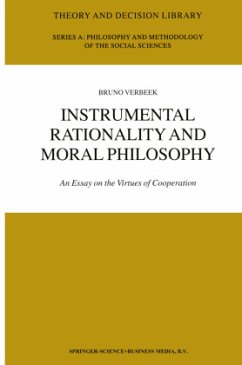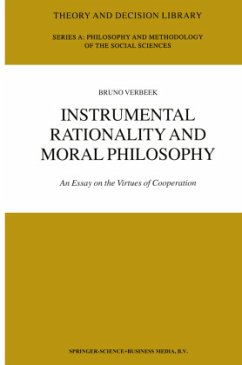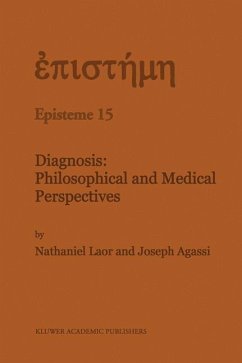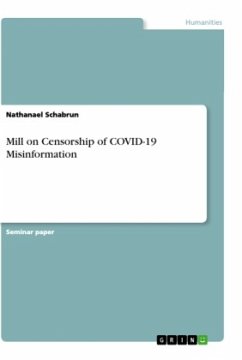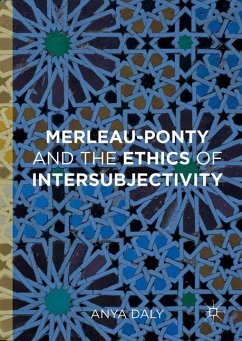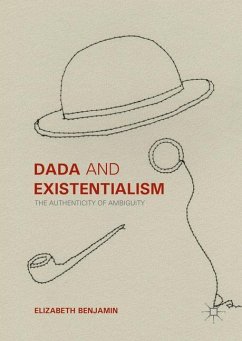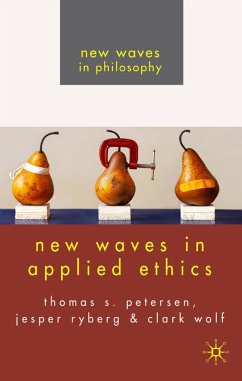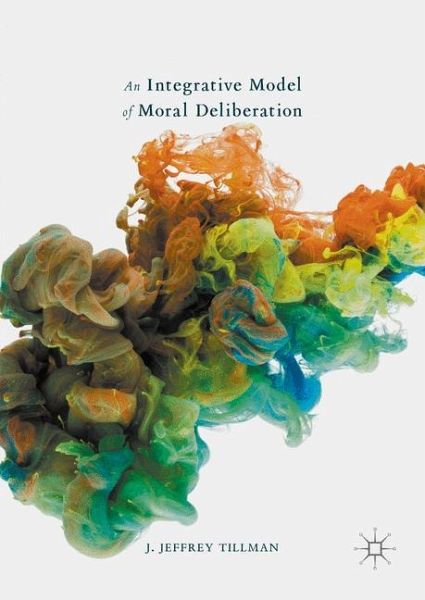
An Integrative Model of Moral Deliberation

PAYBACK Punkte
19 °P sammeln!
An Integrative Model of Moral Deliberation maintains that current models of moral deliberation do not effectively deal with contemporary moral complexity because they are based on an inadequate theory of moral cognition. Drawing on research in neuroscience, evolutionary psychology, social theory, and dual process cognitive theory and on the work of William James, this book develops a theory of moral cognition which provides a major role for aesthetic sensibilities and upon this theory develops a robust model of moral deliberation. This model portrays moral deliberation as a back and forth move...
An Integrative Model of Moral Deliberation maintains that current models of moral deliberation do not effectively deal with contemporary moral complexity because they are based on an inadequate theory of moral cognition. Drawing on research in neuroscience, evolutionary psychology, social theory, and dual process cognitive theory and on the work of William James, this book develops a theory of moral cognition which provides a major role for aesthetic sensibilities and upon this theory develops a robust model of moral deliberation. This model portrays moral deliberation as a back and forth movement between intuitive and analytic cognitions, which constructs narrative scenarios and then assesses and revises them according to aesthetic sensibilities.





